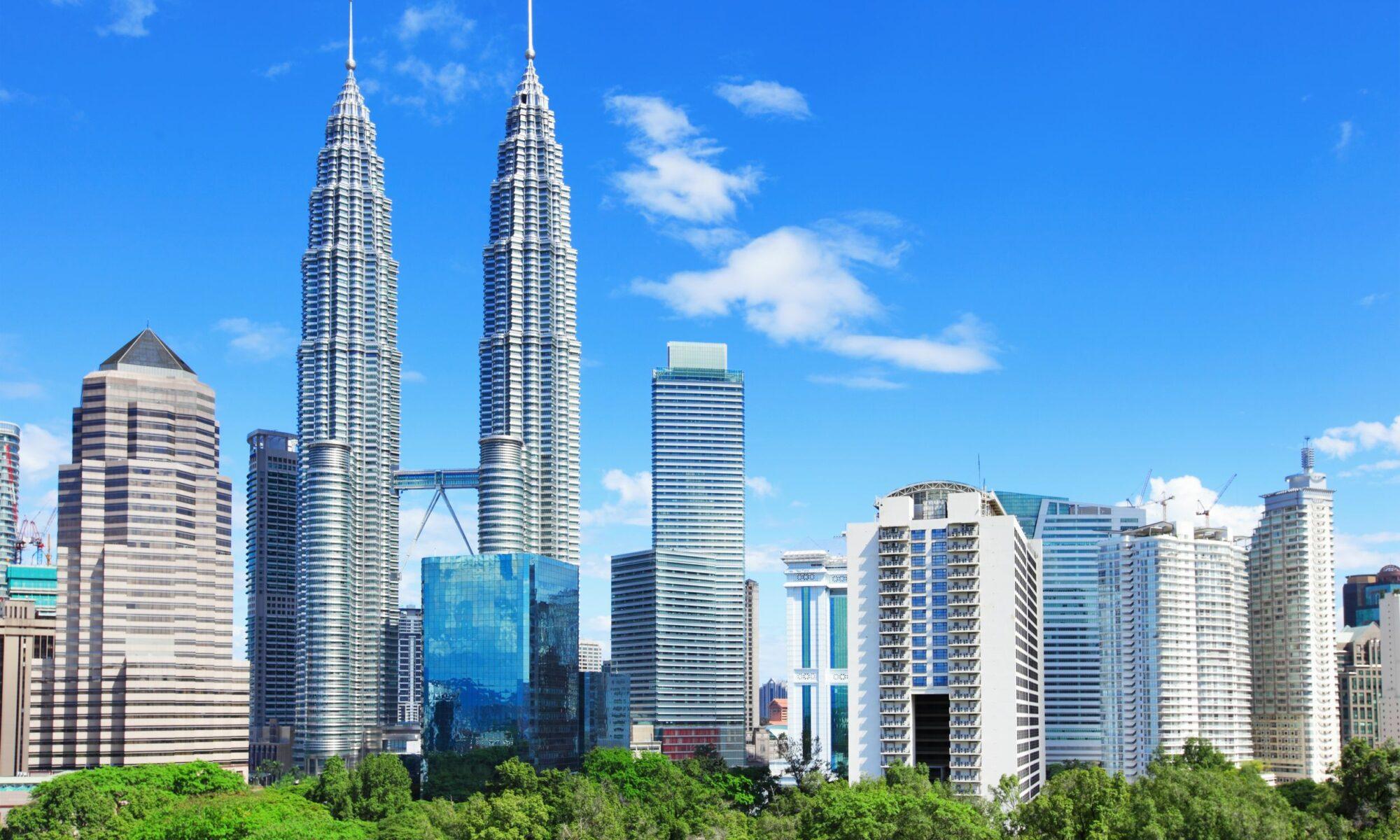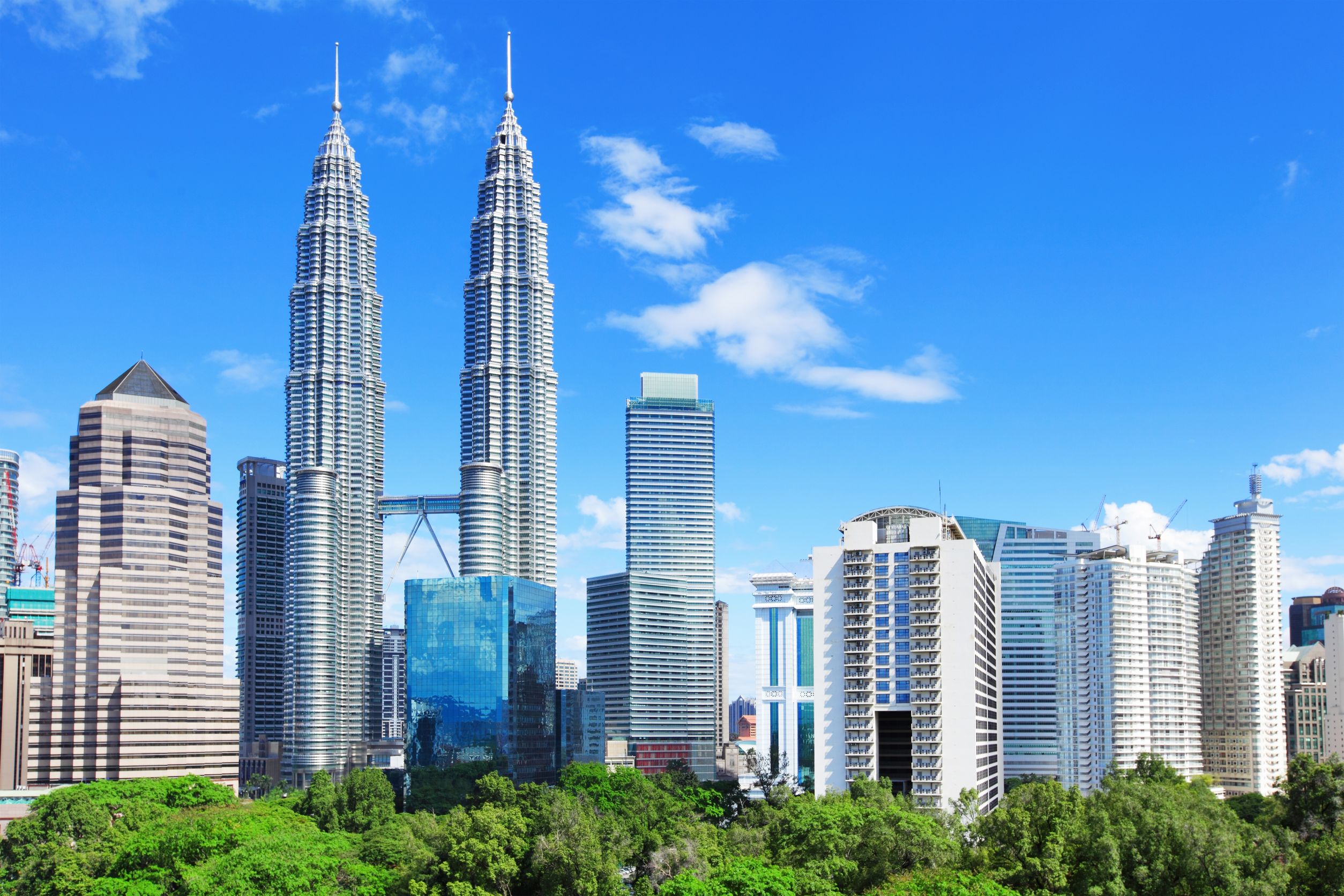As the COVID-19 pandemic continues to ravage globally, numerous countries are still reeling from the economic turmoil, with sectors such as aviation, food and beverage, and oil and gas among the hardest hit.
Amid the pandemic fallout, some serious challenges have arisen for lawyers and their clients. For instance, businesses that were already in financial difficulties prior to the health crisis have had to reassess and reconfigure their set-ups for continuity.
Legal mechanisms such as corporate voluntary arrangement, judicial management and scheme of arrangement would enable companies to enter into workouts with their creditors. For these to work, business stakeholders and their advisers need to reach out to the creditors, instilling trust and confidence that such mechanisms are viable so that everyone can ride out this unprecedented crisis.[1]
Doors of Justice Remain Open to Those Who Need it
Since the implementation of the Movement Control Order (MCO) in March 2020, LHAG has been involved in two cases in which the courts may have, for the first time in the Malaysia’s legal history, heard substantive arguments and delivered orders solely through an exchange of e-mails and Skype audio video proceedings.
Despite being “off limits” to all while the MCO was in force, the court was ready to perform its duty and rose to the challenge. It is commendable how the court speedily responded to the unusual situation and was prepared to make available pioneering as well as innovative techniques to conduct its cases in ensuring access to justice. More importantly, it shows that no matter the circumstances, the doors of justice remain open to those who are in need of it.[2]
LHAG was also engaged in several important discussions with clients on whether the novel coronavirus constitutes a force majeure event. As disruptions continue, companies should review applicable force majeure provisions under their contracts so as to ascertain whether the repercussions of the outbreak may constitute a force majeure event together with any notice requirements in the clause.[3]
A Different Bargain for an Unsettled World
Companies that buckled under pandemic losses may pop up on the radar of cash-rich investors such as private equity funds on the acquisition trail. Buyers may also want to seize the opportunity to acquire companies that can thrive in the post-COVID-19 environment, such as those involved in healthcare, technology solutions, and pharmaceutical research and development. Before rushing to sign on the dotted line, though, advisers should look into matters that should be thought or rethought of in doing a private M&A deal in an uncertain post-COVID-19 world.[4]
Malaysian SMEs, faced with cash-flow issues as a result of the coronavirus crisis, are desperately in need of a helping hand. There are various government initiatives that aim to incentivise SMEs to embark onto business digitalisation in order to minimise the impact of COVID-19 through digital innovations.[5]
Digitalisation for a Better Future
Beyond the disarray, dismay and disconnect, the pandemic has accelerated technology trends such as e-commerce, digital payments and remote working. Woefully, however, it also laid bare the lack of a robust technical infrastructure ― so very essential to support a digitised world ― in countries such as Malaysia.
Given the spike in new coronavirus cases daily, most corporate staff continue to work from home. Digital signatures ― legally recognised in Malaysia since 1997 ― and electronic contracting will likely become more prevalent, thus facilitating commercial transactions and the execution of contracts away from the office. With uncertainty looming over how long the MCO will remain in effect, it is worthwhile for businesses to consider exploring how they can prepare themselves to execute commercial contracts electronically.[6]
Recently, the Malaysian Communications and Multimedia Commission sought feedback on the potential adoption of the National Digital ID, a trusted digital identification that verifies a person’s identity in the digital world. With the NDID, public and private sectors are able to electronically authenticate and verify the identities of individuals who utilise electronic services and perform online transactions in a secure and reliable manner.[7]
Reorganisation is Every Employer’s Prerogative
The global pandemic has quite possibly forever transformed the way we work. Malaysia is among the nations that have had to implement restrictions on movement in an effort to contain the outbreak. Consequently, several employees now either work from home or are unable to carry out their normal duties.
Employers badly affected by the MCO have wondered if they can withhold salaries or even retrench staff during the MCO period as they struggle to stay afloat. They would be well advised to evaluate whether the COVID-19 pandemic and the MCO excuse their obligations completely, or merely suspend them during the MCO period.[8]
Businesses battered by the coronavirus crisis, some to the brink of collapse, are more likely to undertake reorganisation in these trying times. In striking a delicate balance between sustaining the business and livelihoods, an employer may undertake measures such as restructuring or reorganisation, re-designation and retrenchment (“always the worst-case scenario”). Mounting financial losses, furloughs and massive layoffs across the globe are a clear indication that the crippling effects on the economy this time around are far different from those in the Asian financial crisis in 1997 and the global financial crisis of 2007/08.[9]
Tax Measures
In June 2020, the Prime Minister of Malaysia unveiled “PENJANA”, a short-term economy stimulus package to cushion the blow from the COVID-19 pandemic and the MCO. Tax measures proposed under PENJANA ranged from income tax rebate for certain SMEs to sales tax exemption on passenger vehicles, whether locally assembled or imported.[10]
Conclusion
The pandemic has upended lives and livelihoods everywhere except Antarctica.[11] It has exacted a heavy toll on many sectors of the economy and resources, not to mention people and their mental health. As companies are left to tally the human cost and ponder how best to proceed with efforts to support key areas of their businesses that will help them to stabilise in the “new normal”, now is perhaps a good time as any to accelerate the adoption of digital technologies in running their businesses.
As Billy Ocean croons in that silky smooth voice of his, “When the Going Gets Tough, the Tough Get Going”. Economic downturns aren’t all that uncommon, but businesses equipped to adapt and innovate have a better chance to survive, or even thrive, in times of financial crisis.
* Lee Hishammuddin Allen & Gledhill would like to acknowledge the following contributors:
Andrew Chiew Ean Vooi
Darshendev Singh
Crystal Wong Wai Chin and Soh Zhen Ning
Steven SY Tee and Joyce Ong Kar Yee
Raphael Tay Choon Tien
Adlin Abdul Majid, Hoi Jack S’ng and Lau Wai Kei
Shariffullah Majeed and Arissa Ahrom
Ivy Ling Yieng Ping, Edmund Yee Chung Hoong and Katryne Chia Phei Shan
Edited by Koay Sook Kuan
[1] Andrew Chiew Ean Vooi, “Time for Businesses to Rethink and Restructure” [click here]
[2] Darshendev Singh, “Doors of Justice Remain Open Despite Movement Control Order” [click here]
[3] Crystal Wong Wai Chin and Soh Zhen Ning, “The Coronavirus Epidemic: Does it Count as Force Majeure?” [click here]
[4] Steven SY Tee and Joyce Ong Kar Yee, “Private M&A: A Different Bargain for an Unsettled World” [click here]
[5] Raphael Tay Choon Tien, “Lessons from the COVID-19 Lockdown: Digital Innovation” [click here]
[6] Adlin Abdul Majid, Hoi Jack S’ng and Lau Wai Kei, “Signing Off Electronically” [click here]
[7] Adlin Abdul Majid and Lau Wai Kei, “Public Consultation on the National Digital ID Framework” [click here]
[8] Shariffullah Majeed and Arissa Ahrom, “Can Employers Invoke Force Majeure in Employment Contracts During the
MCO?” [click here]
[9] Interview segment with Lim Heng Seng [click here]
[10] Ivy Ling Yieng Ping, Edmund Yee Chung Hoong and Katryne Chia Phei Shan, “Key Tax Measures Proposed Under
‘PENJANA’” [click here]
[11] Robin McKie, “Antarctica is Earth’s one virus-free continent: science fights to keep it that way” The Guardian, 1
November 2020 https://www.theguardian.com/world/2020/nov/01/next-stop-antarctica-british-team-covid-free-coronavirus
(accessed 4 November 2020)
About Lee Hishammuddin Allen & Gledhill

